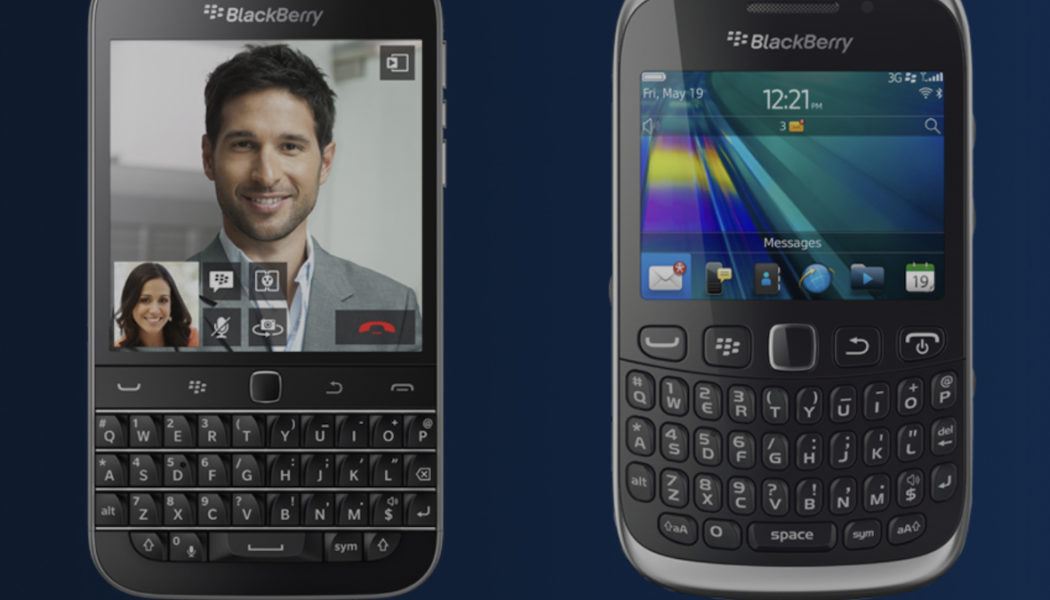
BlackBerry, the tech company that shattered the barrier between work and home, has stopped supporting its classic line of phones after 22 years. All of the standard BlackBerry models have turned into paper weights with keyboards as of today, January 4th, though a small number of devices powered by the Android operating system will continue to function.
The move was a long time coming. The last version of the BlackBerry OS launched in 2013, and the company mostly moved out of the phone industry in 2016. In September of 2021, BlackBerry announced that it would be discontinuing support for BlackBerry 10, 7.1 OS and earlier to focus on its security software and services.
BlackBerry first began in 1996 as Research in Motion, promoting a device it called a two-way pager. That first offering allowed users to respond to pages for the first time by using a specialized physical keyboard, which would become a hallmark of the brand. In 1999, the company introduced an iconic new name with the BlackBerry 850. Soon, BlackBerry devices were able to handle email, web browsing, and apps. It was a revolution that allowed work to be conducted anytime, anywhere, though whether you thought that was a good thing likely depended on if you were sending off-hours emails or receiving them.
Related Video
BlackBerrys were known as CrackBerrys during their heyday, and while the nickname could be deployed with affection or disdain, it always captured the addictiveness of the device. They were used by politicians such as Barack Obama, celebrities including Kim Kardashian, and a whole generation of corporate climbers and wolfs of Wall Street too ambitious — or anxious — to log off.
In retrospect, the beginning of the end came in 2007 with Apple’s iPhone and the touchscreen takeover. BlackBerry’s far superior keyboard and reputation for security kept it relevant through 2012, when it had 80 million active users. But as the phone market exploded with more casual users, BlackBerry began to lose market share, and leadership floundered.
The company tried out a few touchscreen phones of its own, but the operating system wasn’t up to the standards of Apple and Android, and these second-rate smartphones hurt the brand’s reputation. Soon, BlackBerrys were about as relevant as the pagers that first brought them success.
The dream of a BlackBerry phone with a physical keyboard isn’t quite dead. The company has partnered with OnwardMobility for a 5G device powered by Android. It’s still promoted on the OM website, and as a great encapsulation of BlackBerry’s recent business savvy, a banner advertises that these phone are “Coming 2021.”
[flexi-common-toolbar] [flexi-form class=”flexi_form_style” title=”Submit to Flexi” name=”my_form” ajax=”true”][flexi-form-tag type=”post_title” class=”fl-input” title=”Title” value=”” required=”true”][flexi-form-tag type=”category” title=”Select category”][flexi-form-tag type=”tag” title=”Insert tag”][flexi-form-tag type=”article” class=”fl-textarea” title=”Description” ][flexi-form-tag type=”file” title=”Select file” required=”true”][flexi-form-tag type=”submit” name=”submit” value=”Submit Now”] [/flexi-form]










Tagged: Alternative Music, Death, music blog, NEWS, tech news